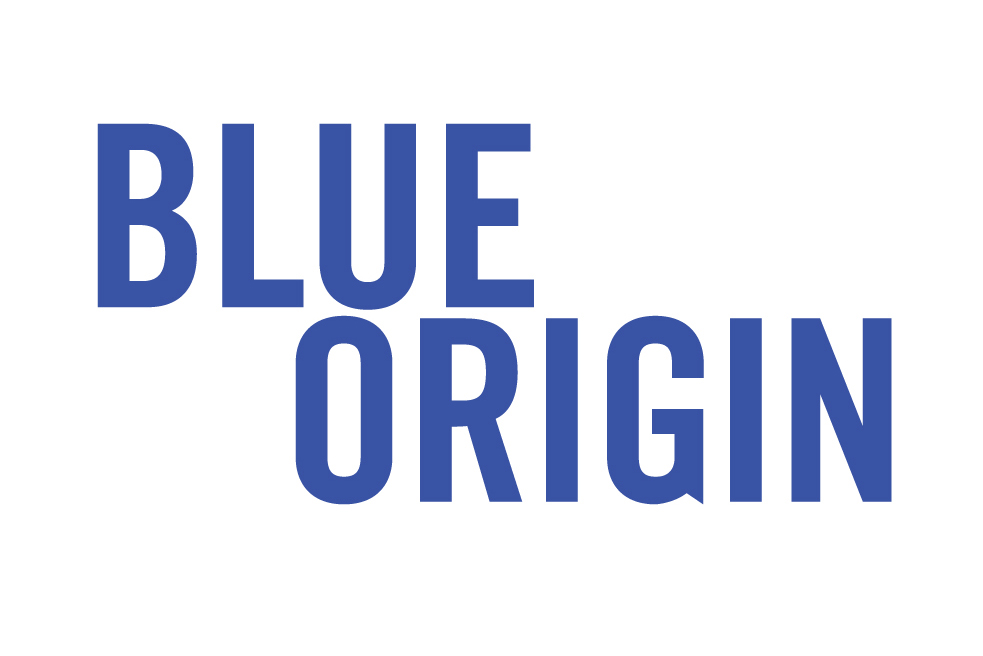
Photo Courtesy of Blue Origin
Recent progress by private corporations in sending humans to space as tourists is becoming increasingly competitive. Major players in this space race include Amazon founder Jeff Bezos' company Blue Origin, billionaire entrepreneur Elon Musk’s company SpaceX, and a new engine company called Aerojet.
On Saturday, Blue Origin completed their third successful test flight into outer space in less than five months, through the use of a prototype reusable rocket. Blue Origin’s first successful landing took place on Nov. 23, 2015 and its second on Jan. 22, 2016.
In an article for Space.com, managing editor for the site Tariq Malik stated that, the New Shepard rocket was launched into orbital outer space from Blue Origin’s west Texas test site. A capsule was launched along with the rocket, which separated in space and returned to Earth via parachute.
Blue Origin’s goal is to utilize the New Shepard rocket and its capsule to launch paying passengers on trips into space, although space tourism flight costs have not yet been determined by the company.
In the development of their reusable rocket, Blue Origin has been mindful of their mission to keep the cost of the space flights as low as possible. But Bezos' company isn’t the only one to pursue reusable rocket technology. Its competition, SpaceX, is following in the same path for its own Falcon 9 rockets.
However, SpaceX has not been as successful as Blue Origin. According to International Business Times, moments after SpaceX launched its rocket last summer, it exploded mid-air.
Now both companies are facing even more competition against Aerojet. Aerojet submitted a $2 billion offer to purchase SpaceX’s long-time primary competitor, United Launch Alliance. ULA operates the prized Atlas V Rocket and is the largest supplier of rockets to the United States military.
To make matters worse for SpaceX, the corporation is also facing legal trouble with chipmaker Broadcom, due to the alleged poaching of five of Broadcam's engineers: Alireza Tarighat, Bagher Afshar, Ahmad Mirzaei, Ali Sajjadi and Masoud Kahrizi. In addition, Broadcom is accusing SpaceX of doing so in order to steal their trade secrets.
According to Brendan Byrne of Value Talk, SpaceX did admit to hiring the five engineers, but the company claims it had no intentions of luring them from Broadcom while doing so.
Moreover, Broadcom’s request for the engineers to be barred from working at SpaceX under the terms of a restraining order have been officially rejected by a California state judge. The question of whether or not Broadcom will take more legal action has yet to be determined.
vhone@ramapo.edu





